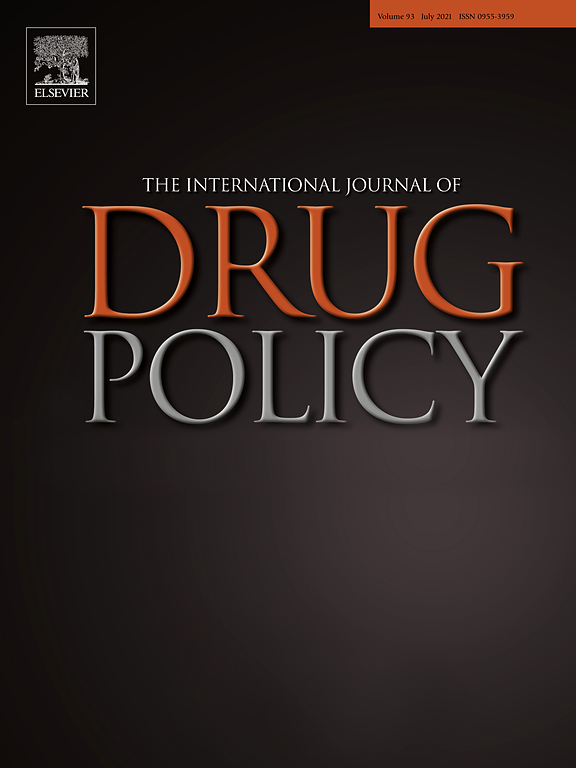New Paper from CERP: Identifying Policy Options to Regulate High Potency Cannabis
12/07/2023
Citation: Carlini BH, et al. Identifying policy options to regulate high potency cannabis: Multiple stakeholder concept mapping study in Washington State, USA. International Journal of Drug Policy 2024;123:104270.
Dr. Beatriz Carlini, Sharon Garrett, and Lexi Nim, of ADAI’s Cannabis Education & Research Program (CERP), have a new paper out that aims to describe and contextualize the results of a study requested by the Washington State legislature to understand perspectives of Washington stakeholders on the subject of high potency cannabis regulation.
Cannabis legalization in some U.S. states has catapulted the mass production of concentrates, with THC concentrations in products now reaching anywhere from 50-90%. These products could cause significant harms to public health as there is some evidence that ties them to cannabis use disorder, psychotic symptoms, and accidental poisonings. As a result, there’s big a push from many of those who work in cannabis research or public health to enact more policies to protect cannabis users from these harms.
This study wanted to explore differences in policy ideas presented by various stakeholder groups in Washington State. Dr. Carlini and her team recruited participants from the community, professional groups, and those engaged in cannabis advocacy, including cannabis users and representatives or employees of the cannabis industry. Stakeholders were asked, “What can legislators do to curb the negate effects of high-THC products?”
Policy ideas generated were then consolidated by the research team and returned to participants, who reviewed the list, grouped ideas they found similar, and rated each on a scale from 1 (less impactful/feasible) to 10 (most impactful/feasible).
Analysis of the results found that stakeholders from community and professional groups supported policy changes like taxation, increasing minimum age for high concentration cannabis products, and prohibitions on advertising.
Consistent with how other health compromising industries have historically acting, however, cannabis advocates, primarily those from the cannabis industry, opposed taxation per THC content, proposed lowering taxes, and supported policies with low population impact, like educating parents, teachers, and youth.
Future studies on this subject should explore non-cannabis industry stakeholders’ willingness to work toward minimizing the influence of the cannabis industry and its team of powerful lobbyists in policy development processes to assure public health prevails.





